Home>Articles>How To Get Scratches Out Of Corian Countertops
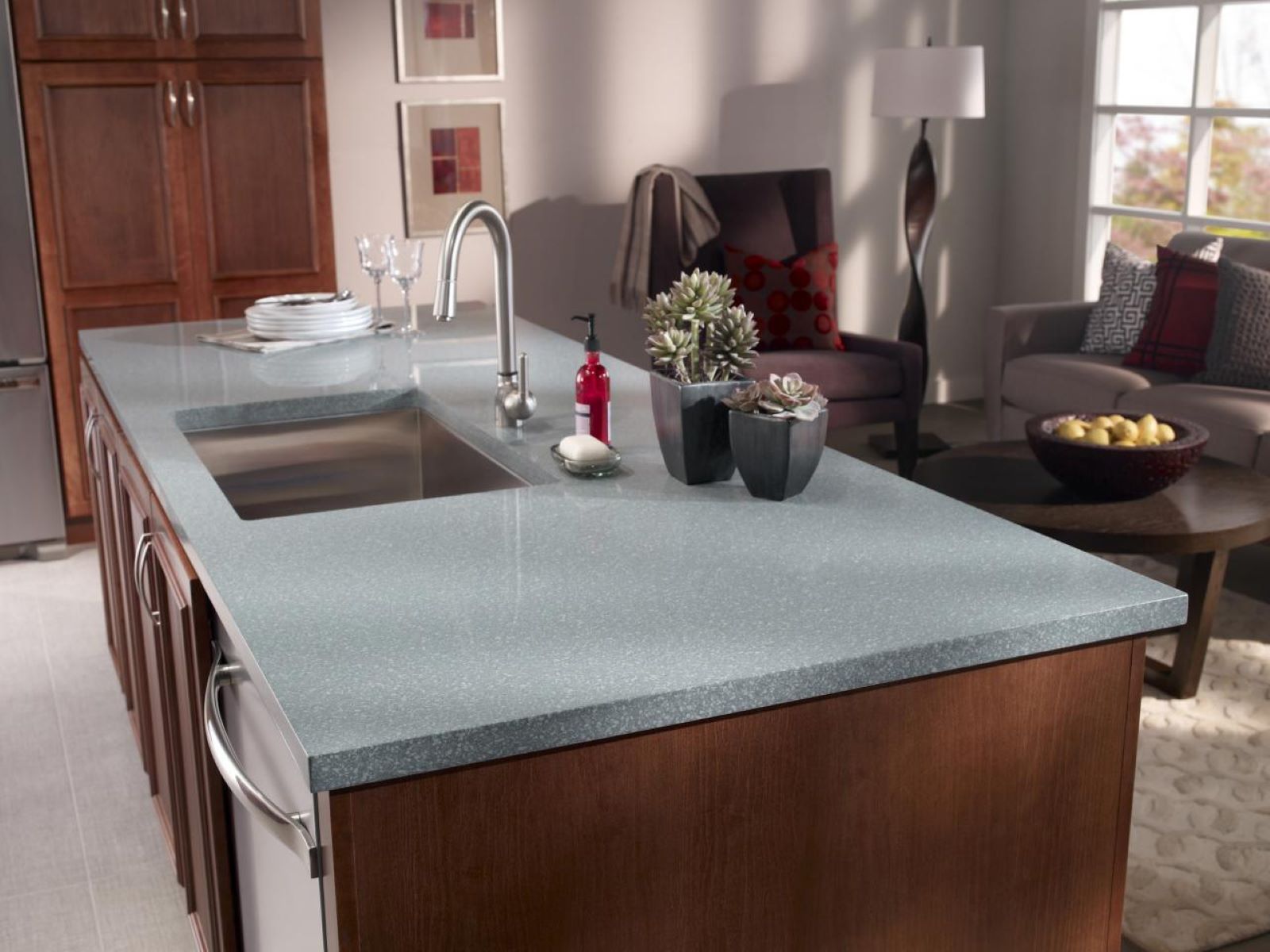

Articles
How To Get Scratches Out Of Corian Countertops
Modified: December 7, 2023
Learn effective ways to remove scratches from Corian countertops with our informative articles. Get expert tips and tricks to restore the beauty of your countertops today!
(Many of the links in this article redirect to a specific reviewed product. Your purchase of these products through affiliate links helps to generate commission for Storables.com, at no extra cost. Learn more)
Introduction
Corian countertops are a popular choice for many homeowners due to their durability, versatility, and attractive appearance. However, over time, these countertops can develop scratches that can detract from their overall beauty. If you find yourself dealing with scratches on your Corian countertop, don’t worry – there are steps you can take to remove them and restore the countertop to its original condition.
In this article, we will guide you through the process of getting scratches out of Corian countertops. From identifying the types of scratches to preparing the countertop for repair and applying the necessary steps to remove the scratches, you will learn effective methods to restore the beauty of your Corian countertops.
Before we dive into the repair process, let’s take a closer look at what Corian countertops are and why they may develop scratches in the first place.
Key Takeaways:
- Don’t let scratches ruin the beauty of your Corian countertops! By understanding the types of scratches and employing techniques such as using mild abrasives and heat treatment, you can effectively restore your countertop to its original condition.
- Prevention is key! Implement maintenance tips such as using cutting boards, gentle cleaning methods, and protecting the countertop from direct sunlight to prevent future scratches and maintain the pristine appearance of your Corian countertop.
Read more: How To Polish Corian Countertops
Understanding Corian Countertops
Corian countertops are a type of solid surface countertop that is made from a combination of natural minerals and acrylic polymers. This unique blend results in a material that is extremely durable, resistant to staining, and available in a wide range of colors and patterns.
One of the main advantages of Corian countertops is their seamless and non-porous surface. Unlike other countertop materials, Corian does not have any visible seams or grout lines, making it easy to clean and maintain. Additionally, the non-porous nature of Corian prevents the growth of bacteria and mold, making it a hygienic choice for kitchens and bathrooms.
However, like any other surface, Corian countertops are not completely immune to scratches. While Corian is highly scratch-resistant, it is not scratch-proof. Everyday activities such as cutting food directly on the countertop or placing heavy objects without protection can lead to the development of scratches over time.
It’s important to note that the extent and severity of scratches on Corian countertops can vary. Some scratches may be surface-level and easily repairable, while others may be deeper and require more extensive repair techniques. By understanding the types of scratches and their characteristics, you can determine the best course of action to remove them and restore the appearance of your countertops.
Identifying Types of Scratches
Before you can effectively remove scratches from your Corian countertop, it’s important to identify the types of scratches you are dealing with. This will help you determine the appropriate repair method and ensure the best results.
Surface-level scratches: These are shallow scratches that only affect the topmost layer of the Corian countertop. They are typically lighter in color and may appear as fine lines or marks on the surface. Surface-level scratches can often be easily buffed out or removed with mild abrasives.
Deep scratches: Deep scratches penetrate beyond the surface layer of the countertop and are more noticeable. They may be darker in color and can be felt with your fingertips. Deep scratches may require more extensive repair techniques, such as heat treatment or professional refinishing.
Superficial scratches: Superficial scratches are very light and barely noticeable. They are often caused by gentle contact with objects like utensils or dishes. These scratches can typically be easily removed using simple cleaning methods or mild abrasives.
Patterned scratches: Patterned scratches are usually longer and may have a distinct pattern or direction. They can be caused by dragging or sliding heavy objects across the countertop. Repairing patterned scratches may require more time and effort, as they may affect a larger area of the countertop.
Once you have identified the type of scratches on your Corian countertop, you can proceed with the appropriate repair method. For surface-level scratches, mild abrasives and polishing compounds can often do the trick. However, for deeper or patterned scratches, additional steps may be necessary to achieve optimal results.
Now that you have a better understanding of the different types of scratches, let’s move on to preparing your countertop for repair.
Preparing the Countertop for Repair
Before you begin the process of removing scratches from your Corian countertop, it’s crucial to properly prepare the surface. This will ensure that you achieve the best possible results and avoid any further damage.
Here are the steps to follow in preparing your countertop for repair:
- Clean the countertop: Start by thoroughly cleaning your Corian countertop using a mild dish soap and warm water. Use a soft cloth or sponge to gently scrub the surface and remove any dirt, grease, or debris. Rinse the countertop with clean water and dry it completely to ensure a clean working area.
- Protect the surrounding area: To prevent any accidental damage to nearby surfaces or fixtures, it’s advisable to tape off or cover them with plastic or cloth. This will create a barrier and protect them from any cleaning agents or repair materials you may be using.
- Assess the depth of the scratches: Take a close look at the scratches on your Corian countertop and assess their depth. Use your fingers to determine if they are surface-level scratches or if they extend deeper into the material. This will help you decide which repair method to use.
- Gather the necessary materials: Depending on the type and depth of the scratches, you will need specific materials and tools for the repair process. This may include mild abrasives, polishing compounds, heat gun or iron, and soft cloths or sandpaper, among others. Ensure you have everything you need before starting the repair.
By following these steps, you will ensure that your Corian countertop is properly prepared for the repair process. Once you have completed these preparations, you can move on to using the appropriate techniques to remove the scratches and restore the beauty of your countertop.
Using Mild Abrasives to Remove Scratches
If your Corian countertop has surface-level scratches, you can effectively remove them using mild abrasives. Here’s a step-by-step guide on how to use mild abrasives to remove scratches:
- Choose the right abrasive: Select a mild abrasive compound specifically designed for solid surface countertops. Avoid using harsh or abrasive cleaners that can damage the surface of your Corian countertop.
- Apply the abrasive compound: Squeeze a small amount of the mild abrasive compound onto the scratched area of the countertop. Use a soft cloth or sponge to gently rub the abrasive in a circular motion over the scratch, applying light pressure.
- Continue rubbing: Continue rubbing the abrasive compound onto the scratch for a few minutes, periodically checking your progress. You may need to apply more compound as you work. Be patient and persistent, as it may take some time to see results.
- Wipe clean: Once the scratch has diminished or disappeared, wipe the countertop clean with a damp cloth to remove any remaining residue from the abrasive compound.
- Inspect the area: After cleaning, inspect the area to ensure the scratch is no longer visible. If needed, repeat the process for deeper or more persistent scratches until you achieve the desired result.
It’s important to note that while mild abrasives can effectively remove surface-level scratches, they may not be suitable for deeper or more severe scratches. In such cases, alternative repair methods, such as heat treatment, may be required. If you are unsure about the severity of the scratches or the appropriate repair method, it’s always best to consult with a professional.
Now that you have learned how to remove surface-level scratches with mild abrasives, let’s explore the process of using heat to remove deeper scratches.
Use a mild abrasive cleaner and a soft sponge to gently buff out the scratches in a circular motion. Rinse with water and dry with a soft cloth. If the scratches are deep, consider hiring a professional to refinish the countertop.
Read more: How To Update Corian Countertops
Applying Heat to Remove Deeper Scratches
For deeper scratches on your Corian countertop, you can employ a heat treatment method to remove or minimize their appearance. Here’s a step-by-step guide on how to apply heat to remove deeper scratches:
- Prepare the area: Ensure that the scratched area is clean and free from any debris or cleaning agents. Use a mild dish soap and warm water to clean the countertop, and dry it thoroughly before proceeding.
- Protect the surroundings: As a heat treatment may involve using a heat gun or iron, take precautions to protect nearby surfaces and fixtures. Use masking tape or apply heat-resistant materials to shield surrounding areas from potential damage.
- Apply heat to the scratch: Using a heat gun or iron set to a low or medium heat setting, direct the heat towards the scratched area. Keep the heat source moving in a back-and-forth motion, ensuring that it does not linger in one spot for too long. The heat will cause the Corian to expand, making the scratches less noticeable.
- Observe the scratch: As you apply heat, keep a close eye on the scratched area. Watch for any changes in the appearance of the scratch. The heat should cause the scratch to blend in with the surrounding surface, making it less visible.
- Monitor and adjust: Continuously observe the scratched area as you apply heat. If needed, adjust the heat intensity or the duration of exposure to achieve the desired result. Exercise caution and avoid using excessive heat that could potentially damage the Corian.
- Cool down and inspect: Allow the heated area to cool down naturally. Once it has cooled, inspect the scratch to evaluate the results. If necessary, repeat the heat treatment process until the scratch is significantly diminished or no longer visible.
- Polish and finish: After removing the deeper scratches using heat, it’s important to polish and finish the entire countertop. Use a non-abrasive polishing compound specifically designed for solid surface countertops to restore the shine and smoothness of the Corian surface.
By following these steps, you can effectively remove deeper scratches on your Corian countertop using a heat treatment method. However, if you are uncertain about using heat or if the scratches are particularly deep or extensive, it’s advisable to consult a professional for assistance.
Now that you know how to remove scratches using heat, let’s explore the final steps of polishing and finishing your countertop.
Polishing and Finishing the Countertop
After removing scratches from your Corian countertop, it’s essential to polish and finish the surface to restore its original luster and smoothness. Here’s a step-by-step guide on how to polish and finish your countertop:
- Clean the surface: Before beginning the polishing process, make sure the countertop is clean and free from any dust, debris, or residue. Use a mild dish soap and warm water to clean the surface, and dry it thoroughly using a soft cloth or towel.
- Apply the polishing compound: Choose a non-abrasive polishing compound specifically designed for solid surface countertops. Apply a small amount of the compound to the countertop and spread it evenly over the surface using a soft cloth or sponge.
- Polish in circular motions: Using a circular motion, gently rub the polishing compound onto the countertop. Apply light to moderate pressure and work on small sections at a time. Continue polishing until the entire countertop is covered, paying extra attention to any areas that had scratches.
- Remove excess polishing compound: Once the countertop has been polished, use a clean, dry cloth to remove any excess polishing compound from the surface. Wipe in a circular motion to ensure an even application and to achieve a smooth finish.
- Inspect the countertop: After polishing and removing any excess compound, inspect the countertop for any remaining scratches or imperfections. If necessary, repeat the polishing process on specific areas until you are satisfied with the results.
- Apply a finishing product: To add an extra layer of protection and enhance the shine of your Corian countertop, consider applying a suitable finishing product. This can be a countertop polish, protector, or sealant designed for use on solid surface countertops. Follow the manufacturer’s instructions for application.
- Maintain the countertop: Once the countertop is polished and finished, it’s important to properly maintain it to prevent future scratches and damage. Use cutting boards, hot pads, and coasters to protect the surface from potential hazards. Regularly clean the countertop with mild soap and water and avoid using abrasive cleaners or tools.
Following these steps will help you achieve a polished and finished look for your Corian countertop, restoring its beauty and protecting it from future scratches.
Now that you have successfully repaired and finished your countertop, let’s explore some essential maintenance tips to prevent future scratches.
Maintenance Tips to Prevent Future Scratches
Preventing scratches on your Corian countertop is essential to maintain its pristine appearance and prolong its lifespan. Here are some maintenance tips to help you prevent future scratches:
- Use cutting boards and trivets: When preparing food or placing hot pans on your countertop, always use cutting boards and trivets. Avoid cutting directly on the surface or placing hot items directly on the countertop, as this can cause scratches and damage the material.
- Use gentle cleaning methods: When cleaning your Corian countertop, use mild dish soap and warm water with a soft cloth or sponge. Avoid using abrasive cleaners or scrub brushes that can scratch the surface. Rinse thoroughly and dry the countertop after cleaning.
- Avoid harsh chemicals: Avoid using harsh chemicals like bleach, ammonia, or abrasive solvents on your Corian countertop. These substances can cause discoloration, damage the surface, and compromise its integrity.
- Use gentle cleaning tools: Opt for non-abrasive cleaning tools, such as microfiber cloths or soft sponges, when cleaning your countertop. Avoid using steel wool, scouring pads, or rough cloths that can potentially scratch the surface.
- Regularly inspect and maintain: Periodically inspect your Corian countertop for any signs of damage or wear. Promptly address any issues, such as scratches, chips, or stains, to prevent them from worsening. Follow the appropriate repair methods or contact a professional if necessary.
- Be cautious with heavy objects: When moving or placing heavy objects, take care not to drag or drop them on the countertop. This can cause deep scratches or cracks. Use proper lifting techniques and ask for assistance when needed.
- Stay organized: Keep your countertop clutter-free to minimize the risk of accidental scratches. Use organizers, trays, and containers to store items such as utensils, kitchen tools, and small appliances.
- Protect from direct sunlight: Direct and prolonged exposure to sunlight can cause discoloration and fading of your Corian countertop. Use blinds, curtains, or UV-protective window films to minimize exposure to harmful UV rays.
By following these maintenance tips, you can help keep your Corian countertop in excellent condition and reduce the likelihood of future scratches. Remember that prevention is key in maintaining the beauty and longevity of your countertop.
Congratulations! You now have a comprehensive understanding of how to get scratches out of Corian countertops and prevent future damage. By implementing the techniques and tips provided in this article, you can enjoy a scratch-free and beautiful Corian countertop for years to come.
Remember, if you encounter deep or extensive scratches that you are unable to repair on your own, it is always wise to consult with a professional for guidance and assistance.
Conclusion
Corian countertops are a popular choice for homeowners due to their durability and aesthetic appeal. However, over time, these countertops can develop scratches that can detract from their beauty. Thankfully, there are effective methods to remove scratches from Corian countertops and restore them to their original condition.
In this article, we explored the process of getting scratches out of Corian countertops. We began by understanding the nature of Corian countertops and the different types of scratches that can occur. By identifying the types of scratches, we were able to determine the most appropriate repair methods.
We learned how to prepare the countertop for repair by cleaning the surface and protecting the surrounding area. For surface-level scratches, we discovered how to use mild abrasives to gently buff out the scratches. For deeper scratches, we explored the technique of applying heat to minimize their appearance.
To complete the repair process, we discussed the importance of polishing and finishing the countertop. By using a non-abrasive polishing compound and applying a suitable finishing product, we were able to restore the shine and smoothness of the Corian surface.
Lastly, we highlighted some essential maintenance tips to prevent future scratches. By using cutting boards, avoiding harsh chemicals, and regularly inspecting and maintaining the countertop, we can ensure its long-lasting beauty and durability.
Remember, if you encounter deep or extensive scratches that you are unable to repair on your own, it is always wise to consult with a professional for guidance and assistance.
With the knowledge and techniques provided in this article, you now have the power to remove scratches from your Corian countertops and keep them looking flawless for years to come. So, go ahead and restore the beauty of your Corian countertop – it’s time to say goodbye to those unsightly scratches!
Frequently Asked Questions about How To Get Scratches Out Of Corian Countertops
Was this page helpful?
At Storables.com, we guarantee accurate and reliable information. Our content, validated by Expert Board Contributors, is crafted following stringent Editorial Policies. We're committed to providing you with well-researched, expert-backed insights for all your informational needs.
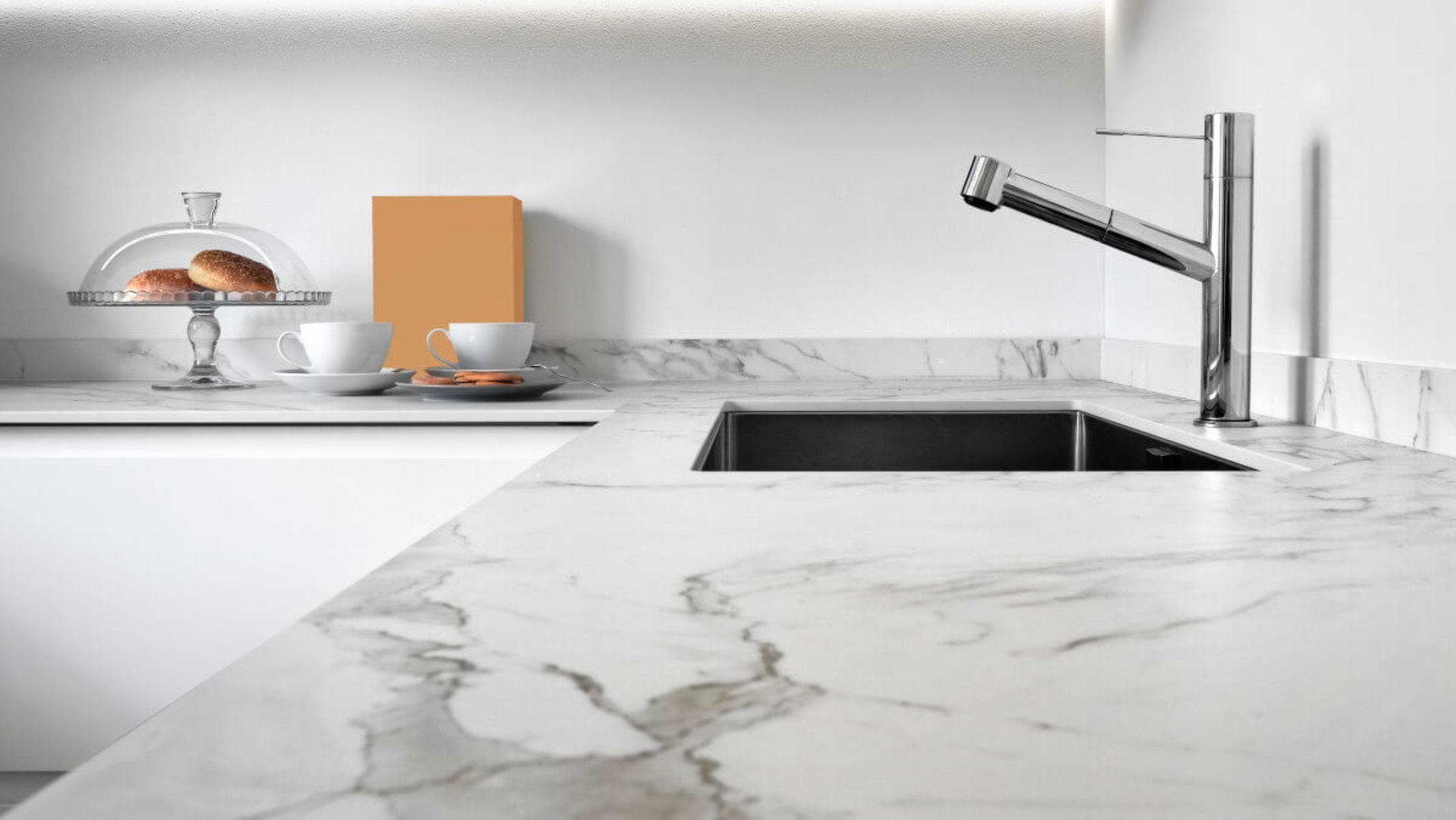
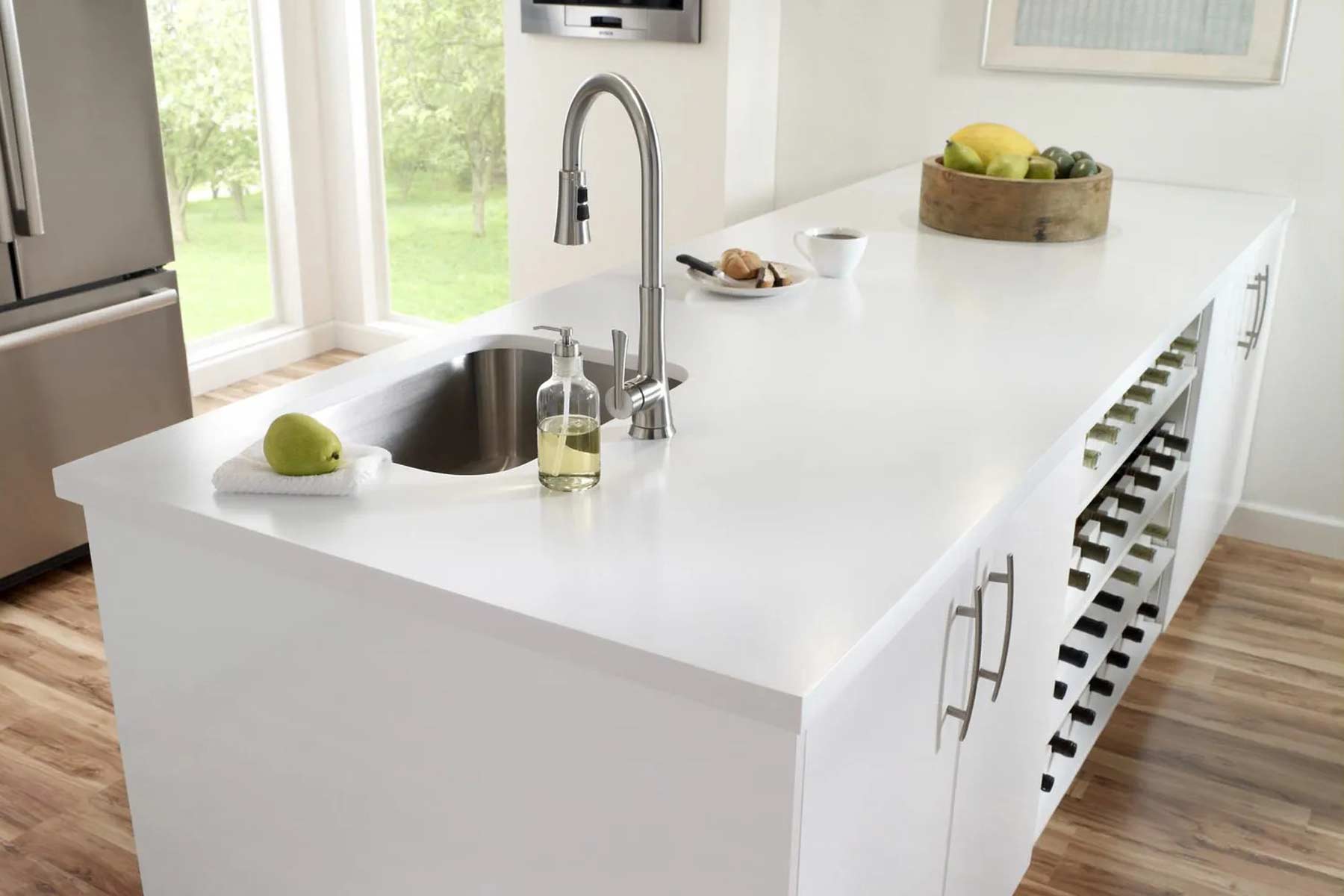
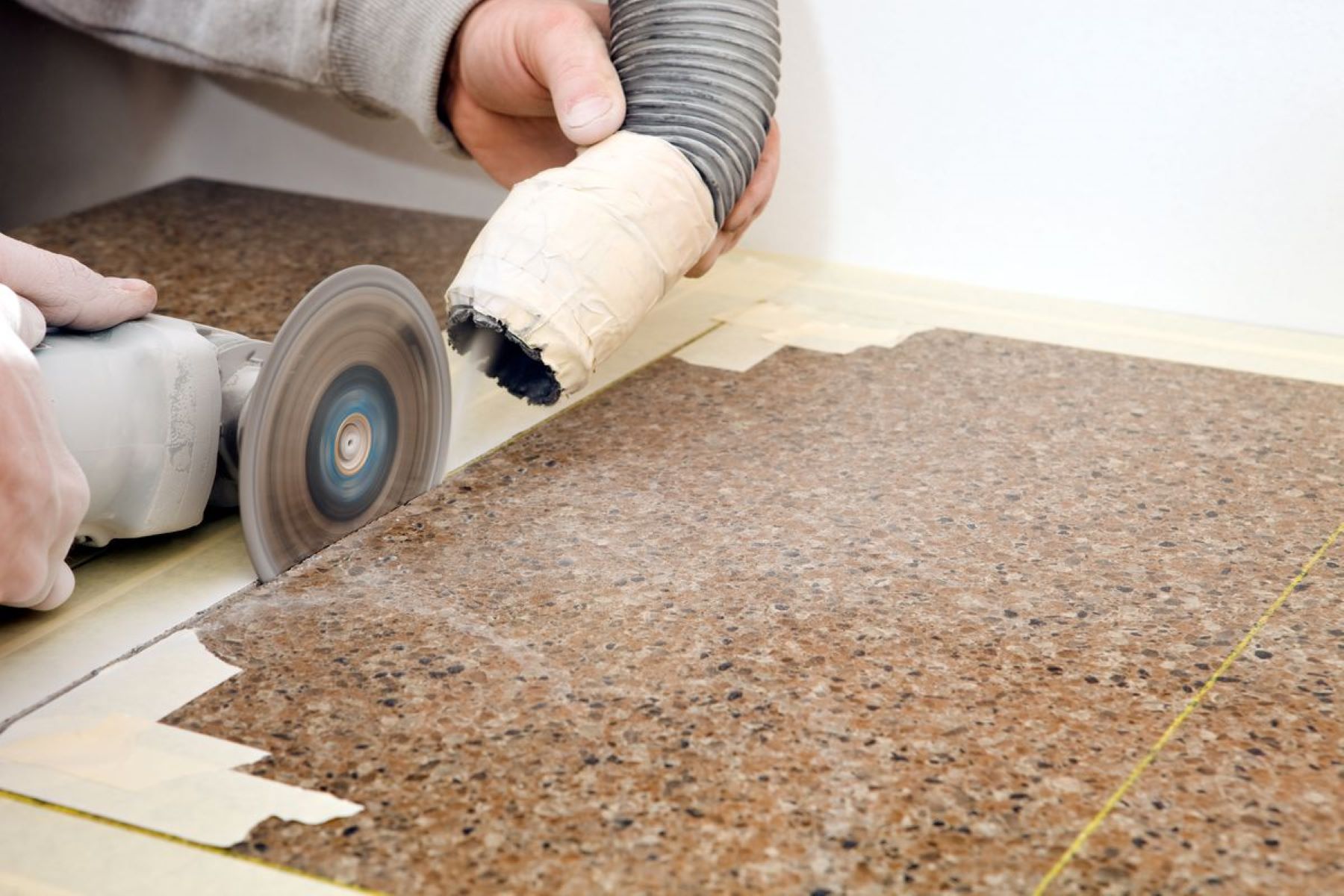
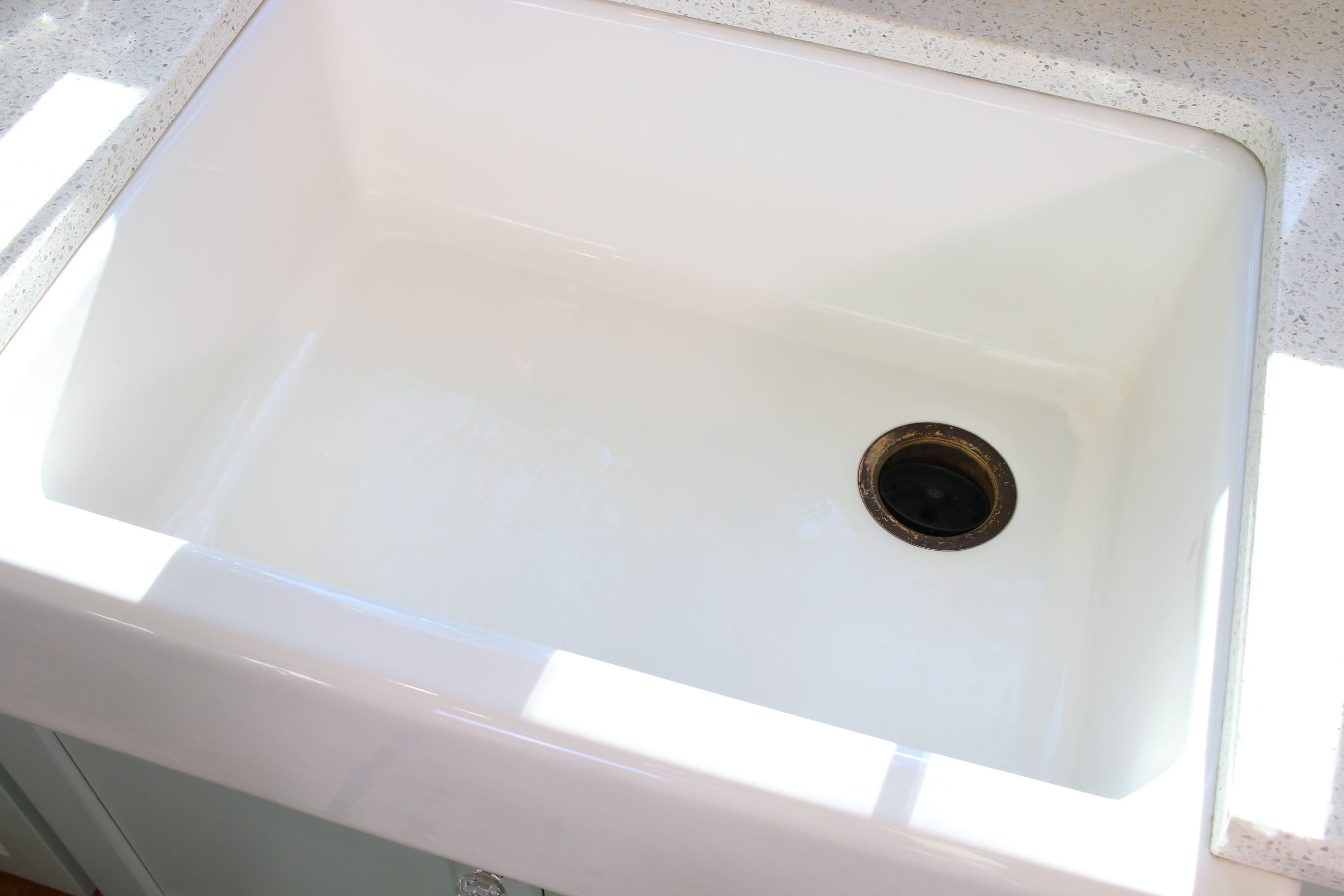
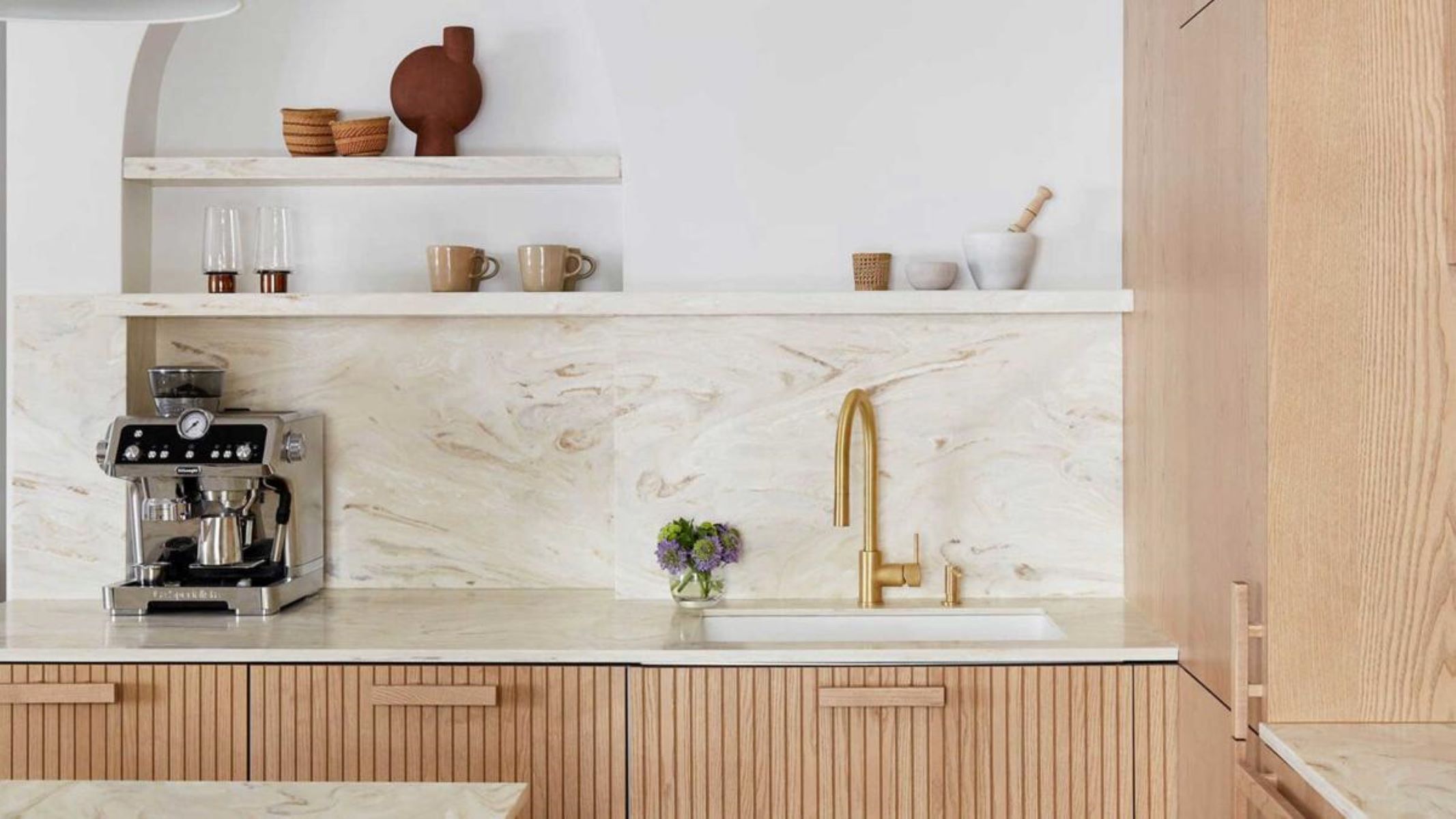
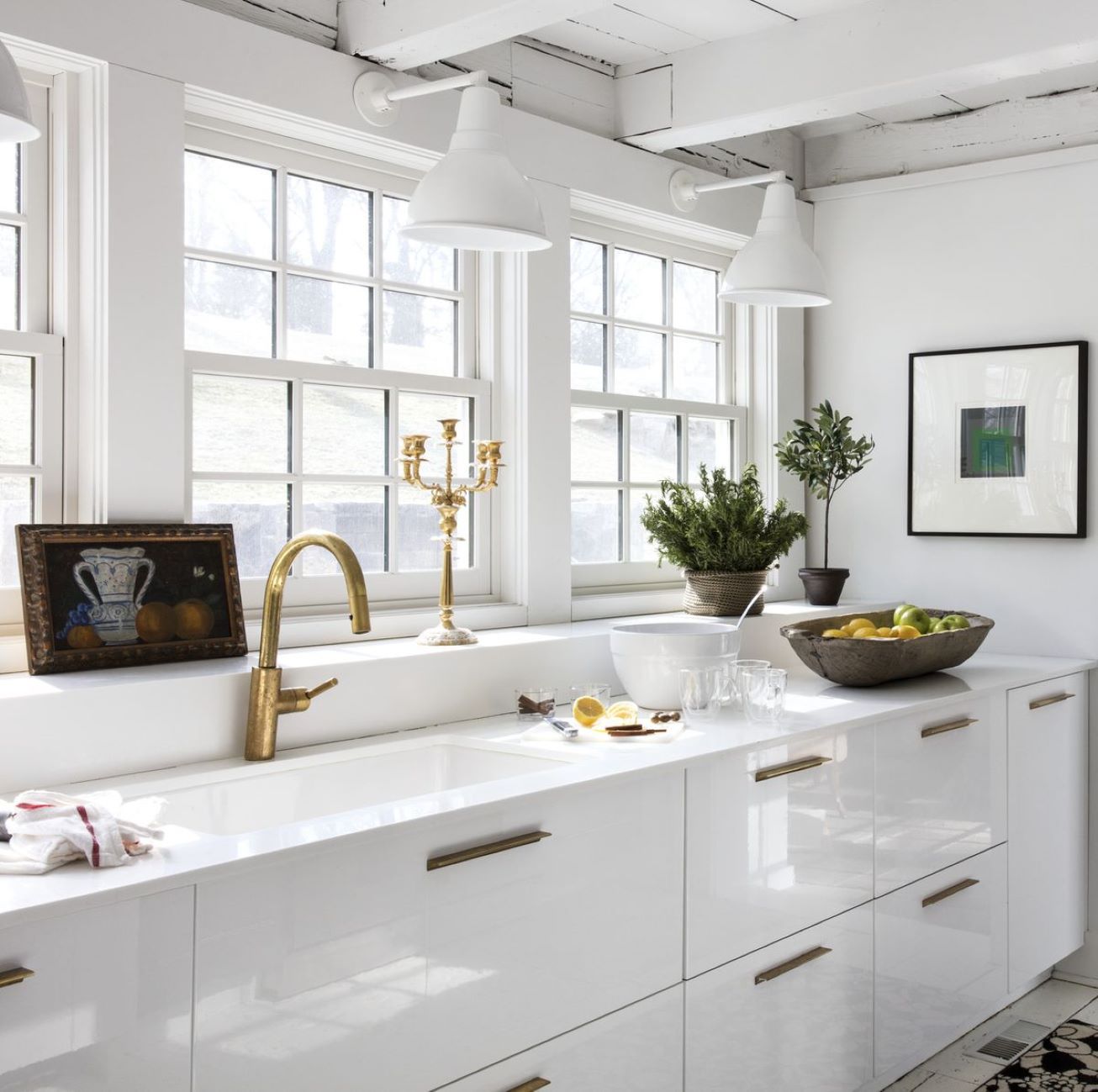
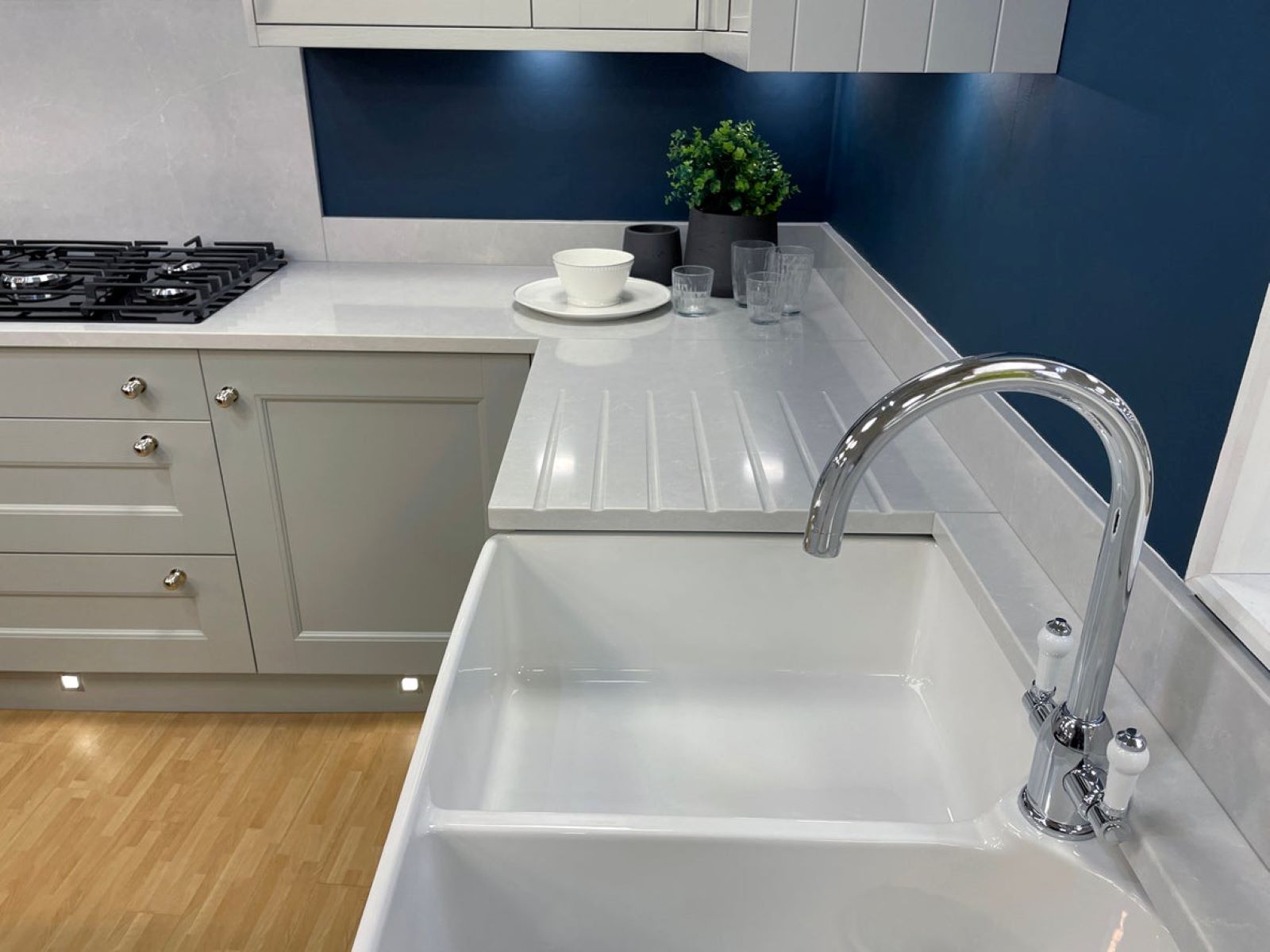
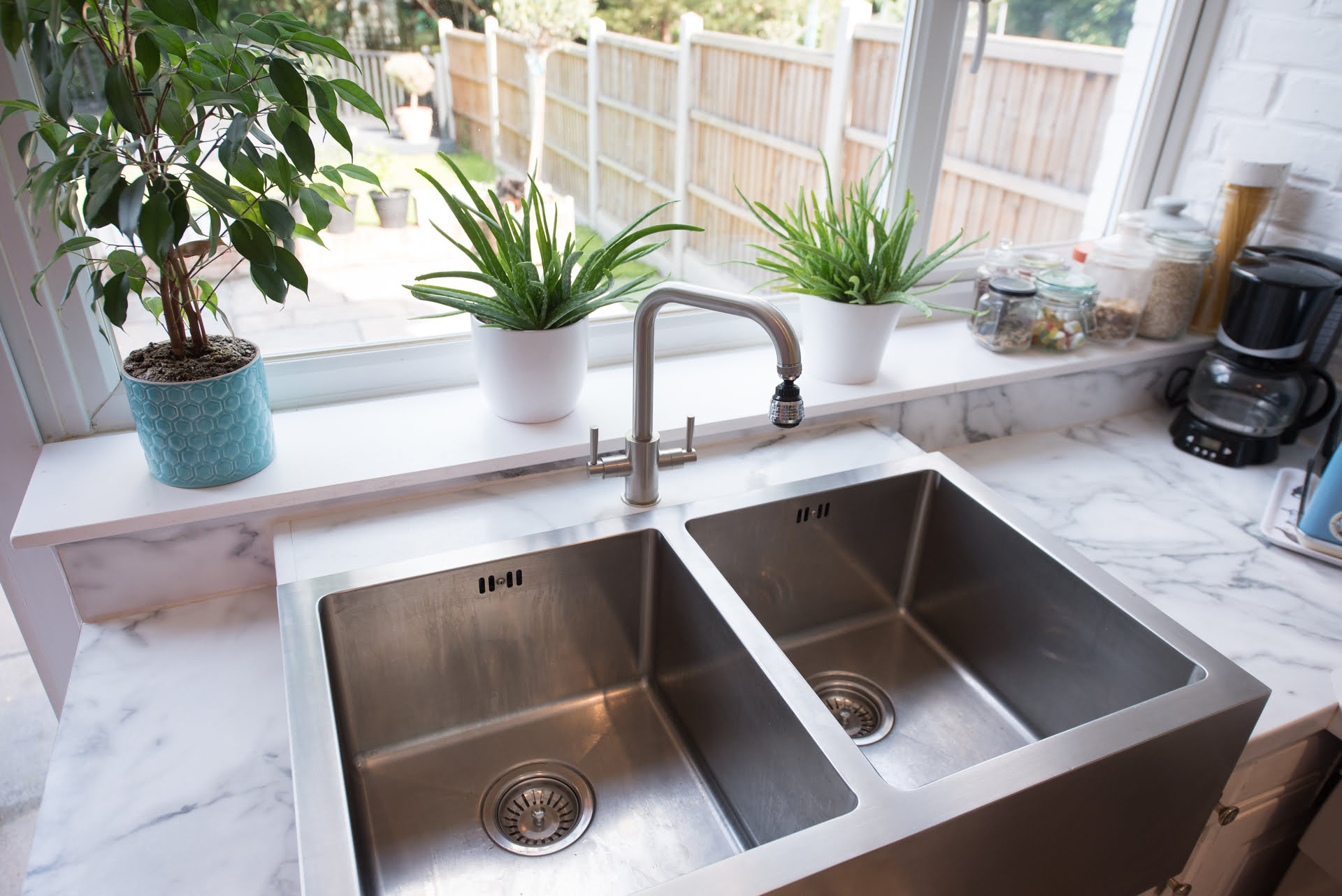
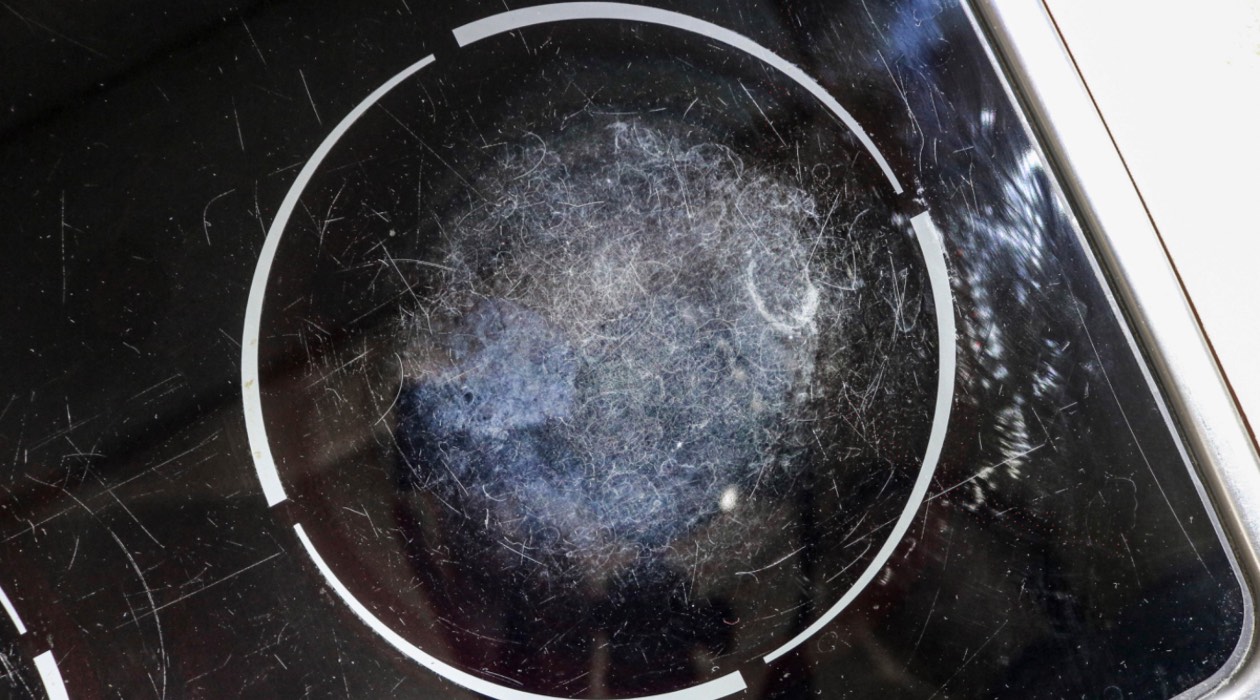
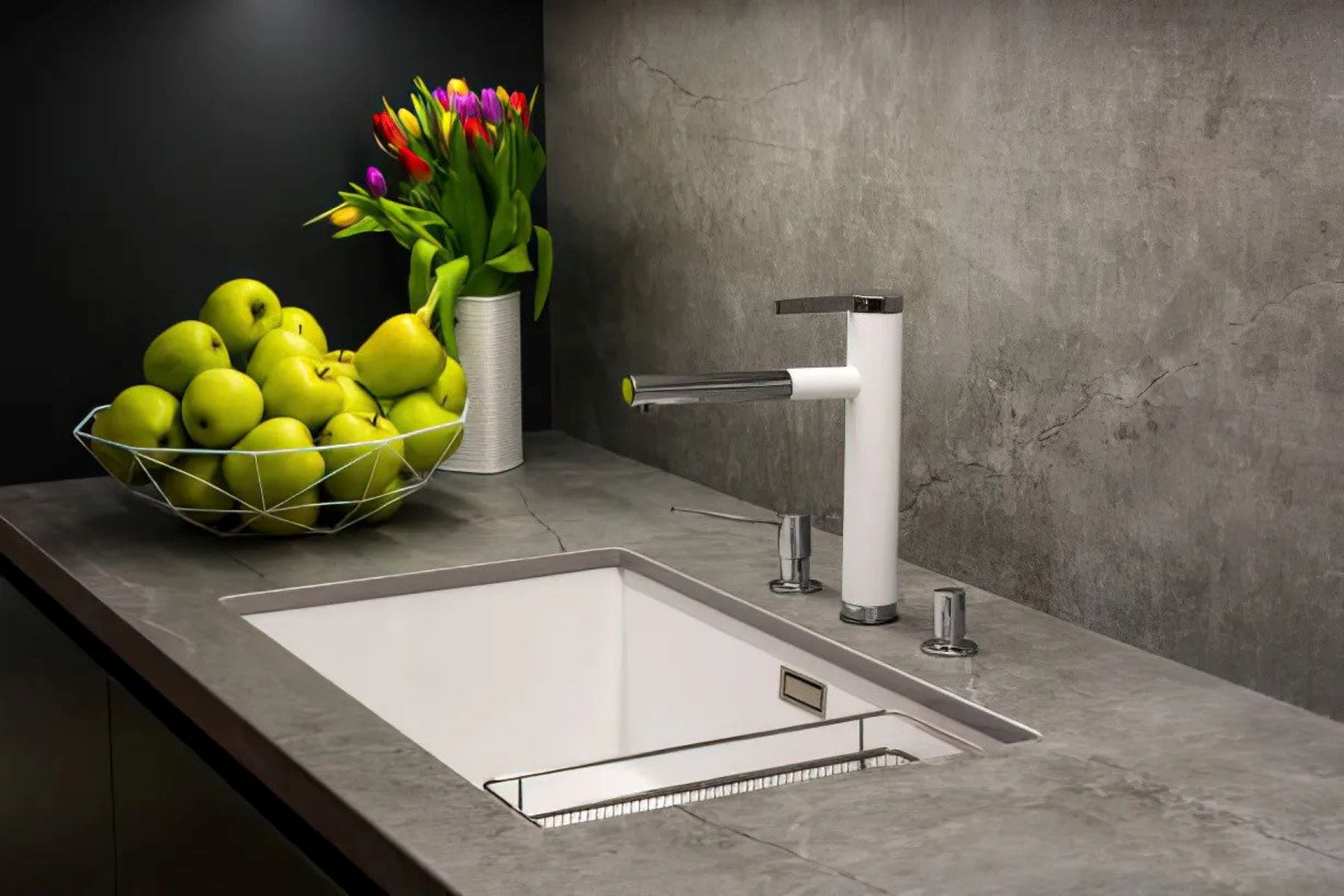
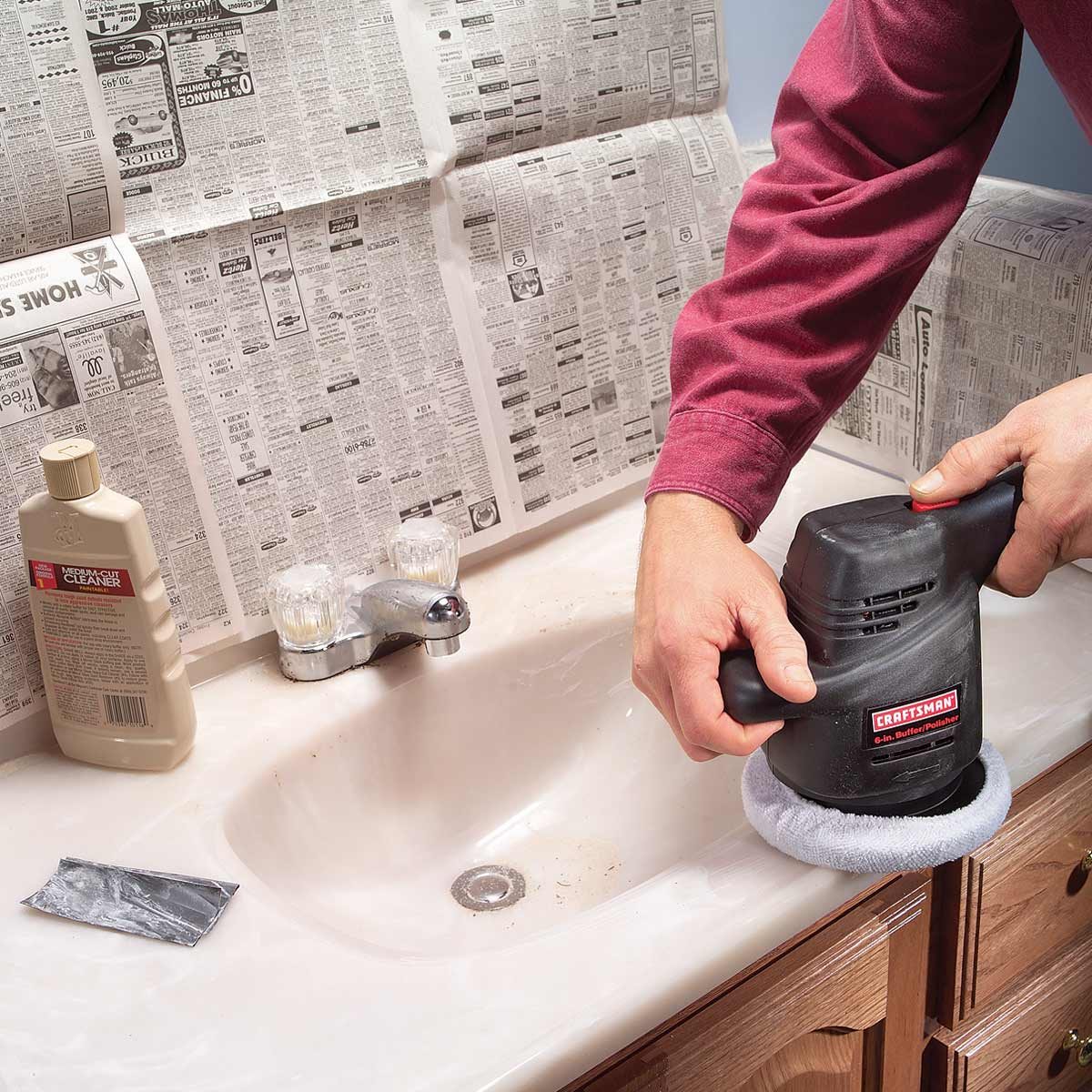
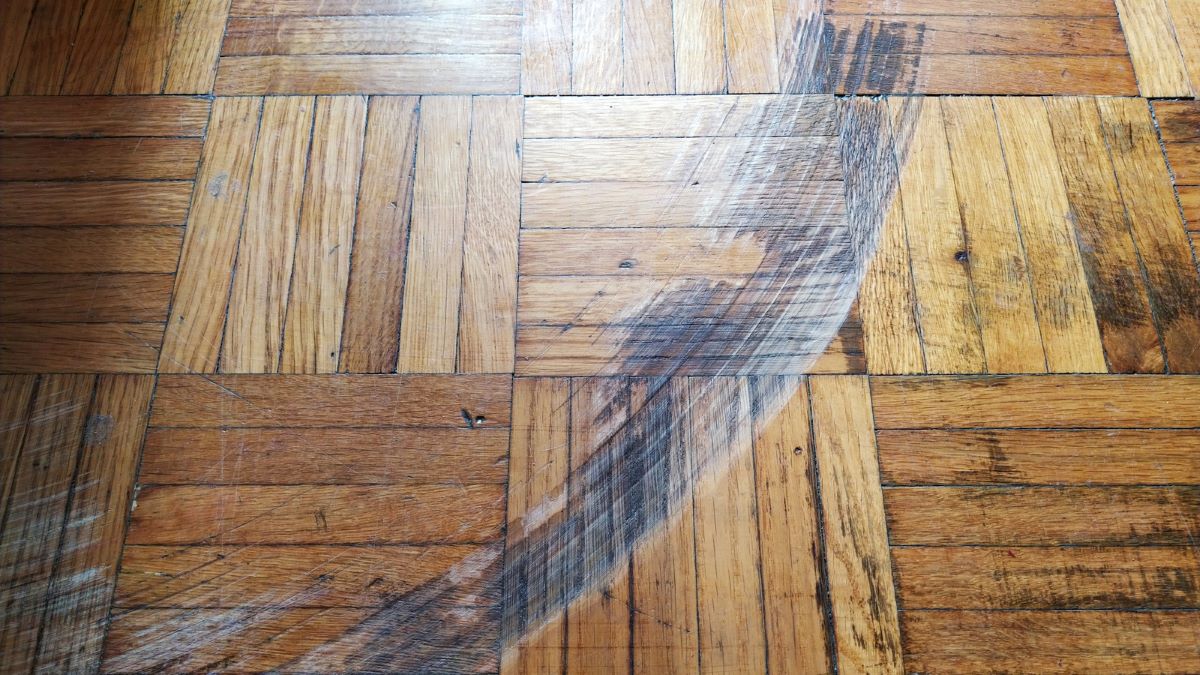
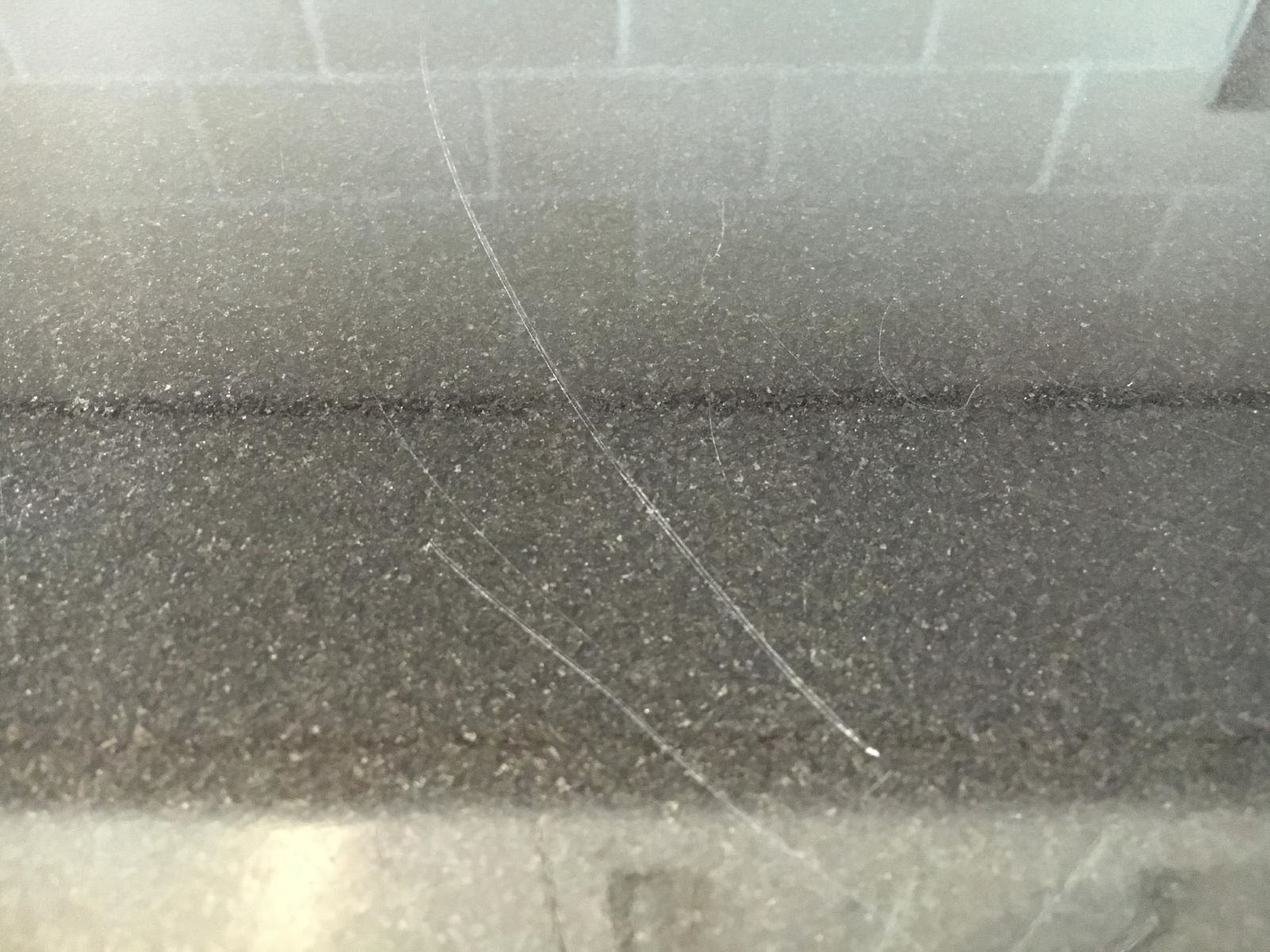
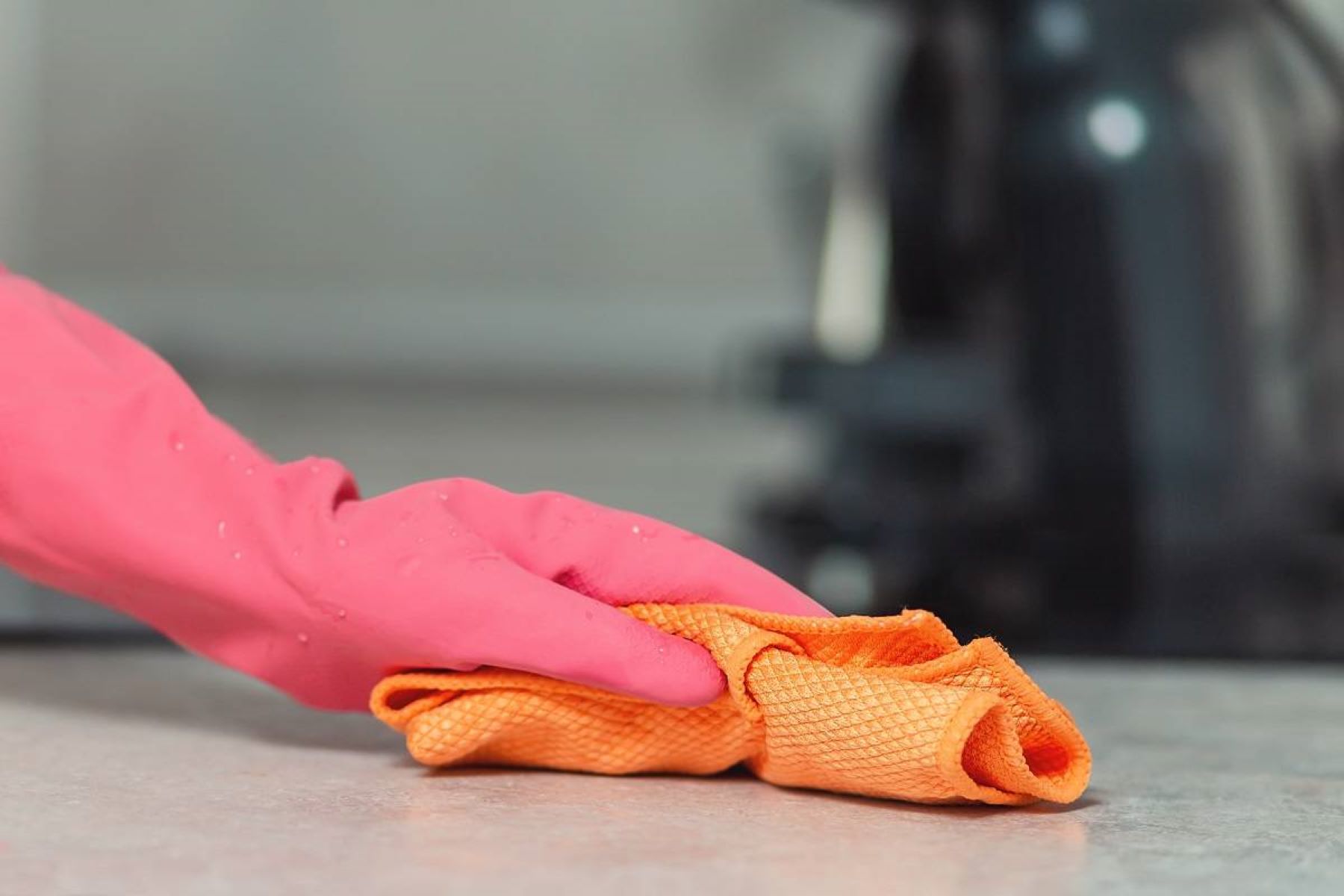

0 thoughts on “How To Get Scratches Out Of Corian Countertops”